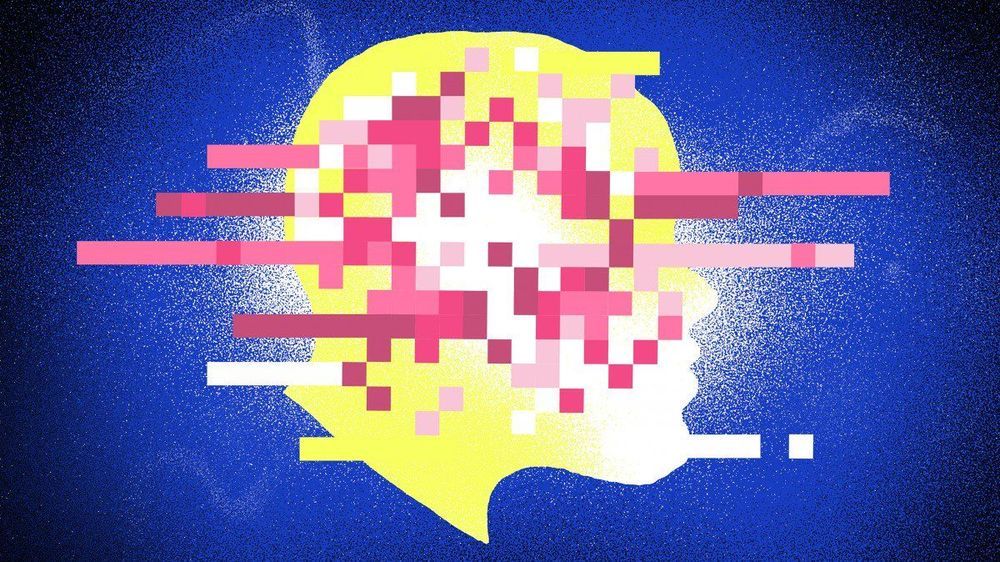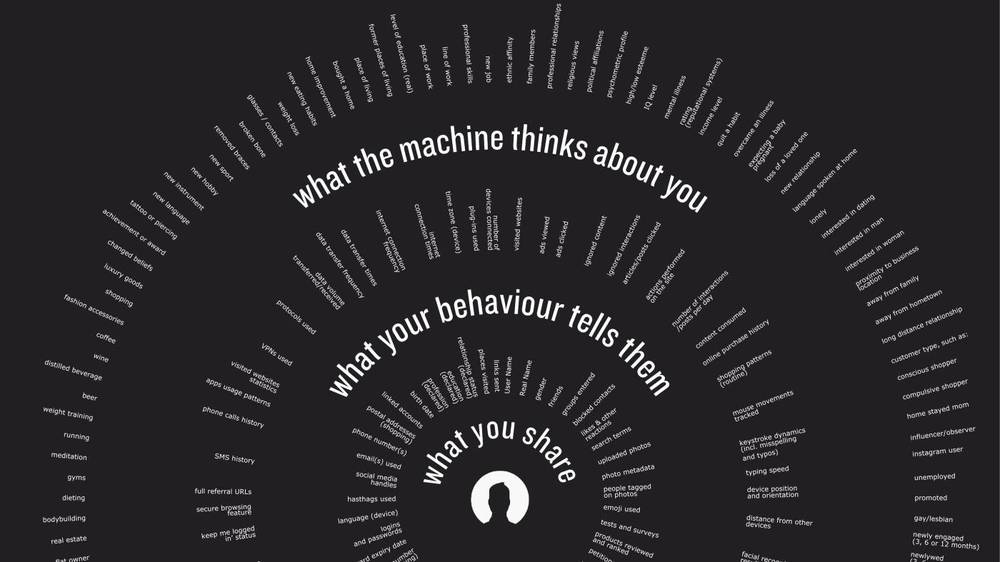Next month SpaceX’s passenger capsule is expected to launch on an uncrewed mission—a big step towards bringing human spaceflight back to the US.



#OpenAccess #FullArticle The results of a new clinical trial have shown the safety and efficacy of the interoperable Artificial Pancreas System smartphone app (iAPS), which can interface wirelessly with leading continuous glucose monitors (CGM), insulin pump devices, and decision-making algorithms. The clinical trial and the app, which runs on an unlocked smartphone, are described in an article published in Diabetes Technology & Therapeutics (DTT), a peer-reviewed journal from Mary Ann Liebert, Inc., publishers.
Diabetes Technology & TherapeuticsVol. 21, No. 1Original ArticlesFree AccessSunil Deshpande,…

Hints of ghostly galaxies and ancient cataclysms in data from the Gaia spacecraft offer fresh insights into dark matter.



Much as a ripple in a pond reveals a thrown stone, the existence of the mysterious stuff known as dark matter is inferred via its wider cosmic influence. Astronomers cannot see it directly, but its gravity sculpts the birth, shape and movement of galaxies. This makes a discovery from last year all the more unexpected: a weirdly diffuse galaxy that seemed to harbor no dark matter at all.


Almost everything you hear about artificial intelligence today is thanks to deep learning. This category of algorithms works by using statistics to find patterns in data, and it has proved immensely powerful in mimicking human skills such as our ability to see and hear. To a very narrow extent, it can even emulate our ability to reason. These capabilities power Google’s search, Facebook’s news feed, and Netflix’s recommendation engine—and are transforming industries like health care and education.
Our study of 25 years of artificial-intelligence research suggests the era of deep learning is coming to an end.


Your online profile is less a reflection of you than a caricature.
Whether you like it or not, commercial and public actors tend to trust the string of 1s and 0s that represent you more than the story you tell them. When filing a credit application at a bank or being recruited for a job, your social network, credit-card history, and postal address can be viewed as immutable facts more credible than your opinion.
But your online profile is not always built on facts. It is shaped by technology companies and advertisers who make key decisions based on their interpretation of seemingly benign data points: what movies you choose to watch, the time of day you tweet, or how long you take to click on a cat video.